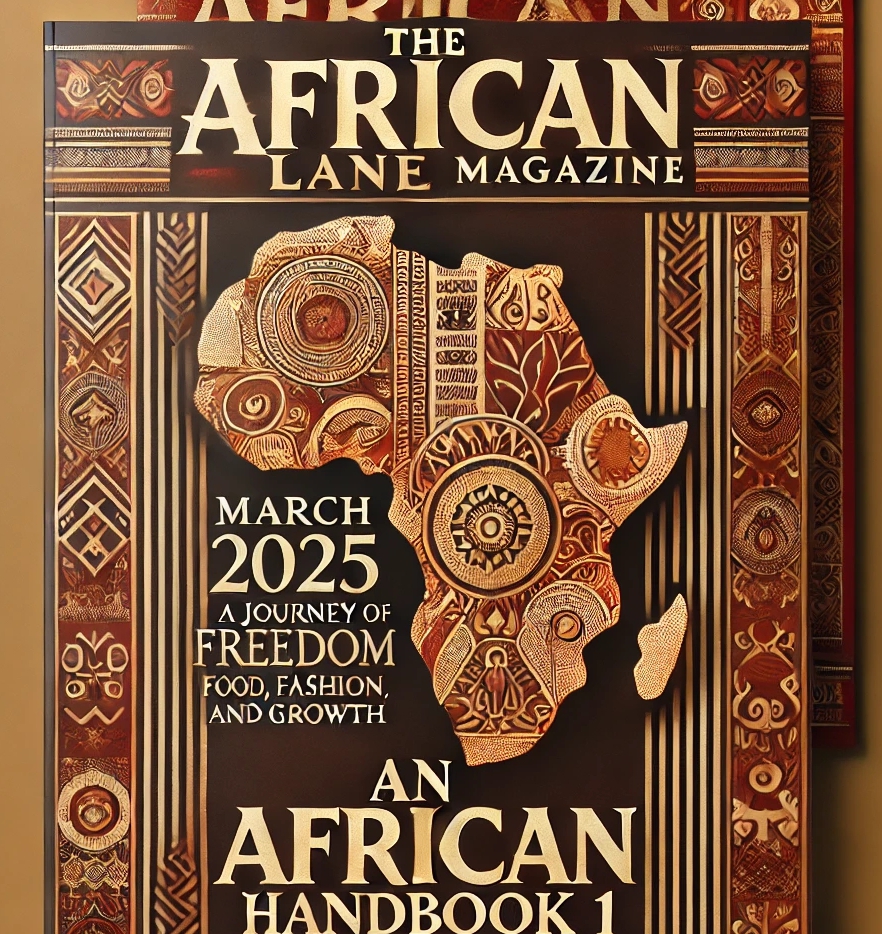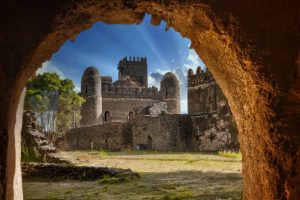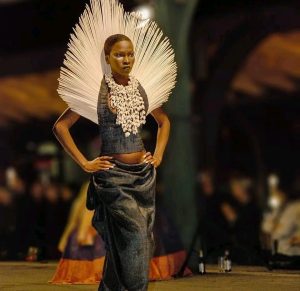Uganda: The pearl of Africa
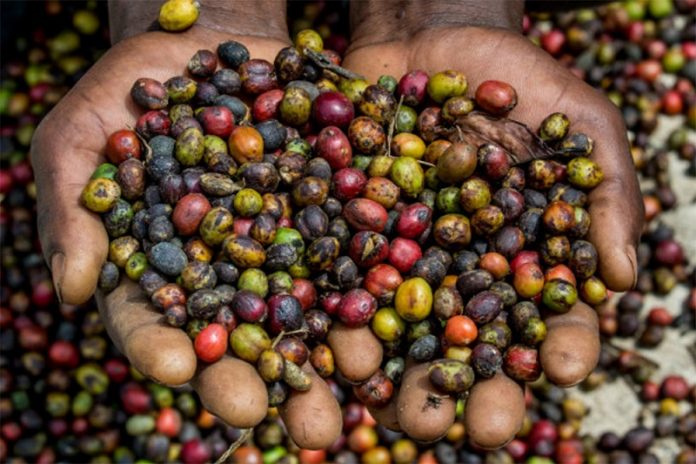
Official Name:
Republic of Uganda
conventional short form: Uganda
Uganda: Swahili for ‘Land of the Ganda’
ISO Country Code: ug
Actual Time: Thu-June-17 02:09
Local Time = UTC +3h
Country Calling Code: +256
Capital City: Kampala (pop. 1.2 million)
Other Cities:
Entebbe, Jinja, Lira, Mbale, Mbarara
Government:
Type: No-party “Movement” system.
Constitution: The new Constitution was ratified on 12 July 1995, and promulgated on 8 October 1995.
The Constitution Of The Republic Of Uganda

Uganda is a popular country in East Africa widely known for its agricultural products such as cotton, tobacco, and tea. The landlocked nation encompasses several spectacular mountains, lakes, as well as savannas. It is home to a variety of wildlife including mammals, primates, and reptiles.
Geography:
Location: Eastern Africa, west of Kenya.
Area: 241,500 km² (93,000 sq. mi.)
Terrain: 18% inland water and swamp; 12% national parks, forest, and game reserves; 70% forest, woodland, grassland.
Climate:
In the northeast, semi-arid–rainfall less than 50 cm. (20 in.); in southwest, rainfall 130 cm. (50 in.) or more. Two dry seasons: Dec.-Feb. and June-July.
People:
Nationality: Ugandan(s).
Population: 34.8 million (2014).
Ethnic groups: African 99%, European, Asian, Arab 1%.
Religions: Christian 66%, Muslim 16%, traditional and other 18%.
Languages: English (official); Luganda and Swahili widely used; other Bantu and Nilotic languages.
Literacy: 62%.
Natural resources: Copper, cobalt, limestone.
Agriculture products: Coffee, tea, cotton, tobacco, cassava (tapioca), potatoes, corn, millet, pulses; beef, goat meat, milk, poultry, cut flowers.
Industries: Sugar, brewing, tobacco, cotton textiles, cement.
Exports – commodities: coffee, fish and fish products, tea, cotton, flowers, horticultural products; gold
Exports partners: Rwanda 10.7%, UAE 9.9%, Democratic Republic of the Congo 9.8%, Kenya 9.7%, Italy 5.8%, Netherlands 4.8%, Germany 4.7%, China 4.1% (2015)
Imports – commodities: capital equipment, vehicles, petroleum, medical supplies; cereals
Imports partners: Kenya 16.4%, UAE 15.5%, India 13.4%, China 13.1% (2015)
Currency: Uganda Shilling (UGX)
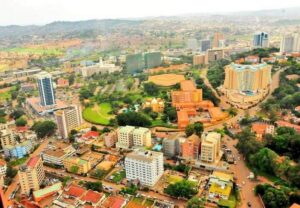
Uganda is named after the Buganda kingdom, which encompasses a large portion of the south of the country, including the capital Kampala. The people of Uganda were hunter-gatherers until 1,700 to 2,300 years ago, when Bantu-speaking populations migrated to the southern parts of the country.
Beginning in 1894, the area was ruled as a protectorate by the UK, which established administrative law across the territory. Uganda gained independence from the UK on 9 October 1962. The period since then has been marked by violent conflicts, including an eight-year-long military dictatorship led by Idi Amin.
The official languages are English and Swahili, although “any other language” may be used as a medium of instruction in schools or other educational institutions or for legislative, administrative or judicial purposes as may be prescribed by law.”[11][12] Luganda, a central region-based language, is widely spoken across the Central and South Eastern regions of the country, and several other languages are also spoken, including Lango, Acholi, Runyoro, Runyankole, Rukiga, Luo[4] and Lusoga.

Uganda’s current president is Yoweri Kaguta Museveni, who took power in January 1986 after a protracted six-year guerrilla war. Following constitutional amendments that removed term limits for the president, he was able to stand and was elected president of Uganda in the 2011, 2016 and in the 2021 general elections.[13]
FOOD
Uganda has a lot of fertile agricultural land which can grow anything thus a great variety food. The most common food grown is Matooke (green banana) which is peeled at the time of preparing and steamed in the banana leaves. It’s either served the way it is or mashed plus source either beef stew, beans, G.nuts etc. Posho which is made from maize is also common and prepared in most schools since it’s cheap.
Fruits like the Pineapple, water melon, yellow bananas and mangoes are also common and can be bought from food markets like Owino & Nakasero. The Lake Victoria & other lakes have a lot of fish including the ‘tilapia’ – a tasty fresh water fish that can be deep fried or cooked. Other foods include ‘Chicken Luwombo’ – which is chicken sauce prepared in banana leaves. The ‘Rolex’, a popular street delicacy and snack is also popular in Uganda and was listed among the top African fast foods by CNN.
Daily life and social customs
In the countryside, the year is filled with a variety of festivals and ritual celebrations, including marriage “introductions,” weddings, births, christenings, and other familial gatherings. As in other places, the agricultural year is marked by a number of important events that require social gatherings. Other holidays, celebrated nationwide, are drawn from the Christian and Muslim calendars or commemorate events in Ugandan history, such as Martyrs’ Day (June 3rd), Heroes’ Day (June 9th), and Independence Day (October 9th).
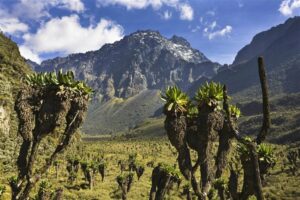
Rwenzori National Park is a home to vast flora and fauna, as well as remarkable waterfalls. The Ruwenzori National Park is a paradise for trekking, with mountains of more than five thousand meters shrouded in mist and rain forests with lush vegetation.
Uganda is also one of the African countries famous for their top quality coffee and tea, from which they make huge foreign exchange.
Sources: Google, Wikipedia, Britannica, Nationonline, https://primateworldsafaris.com/about-uganda/
